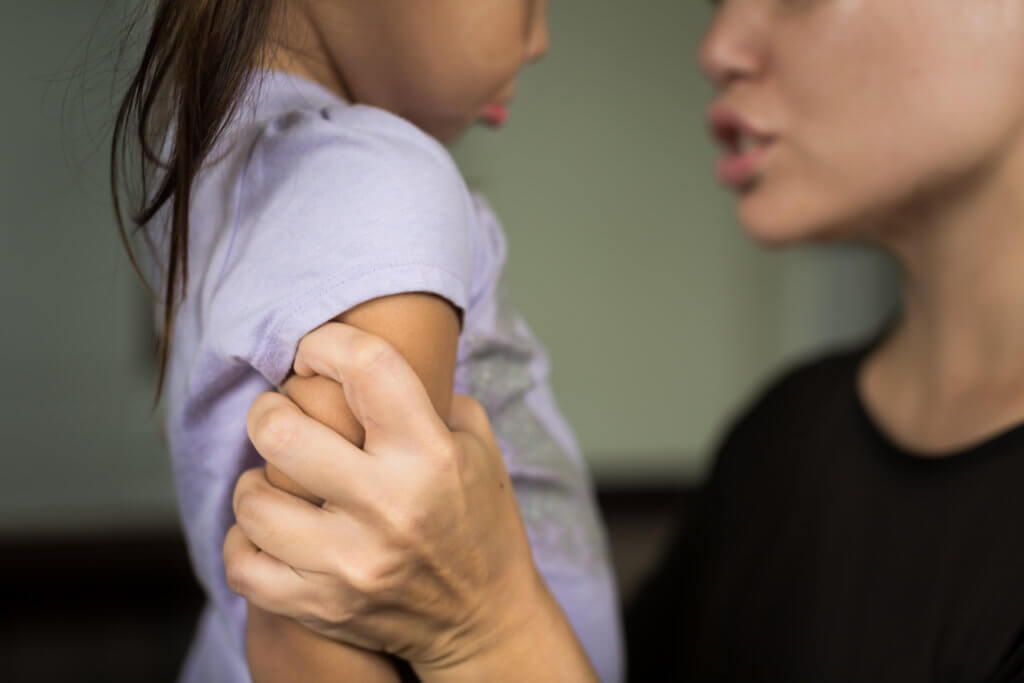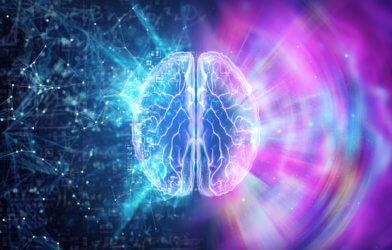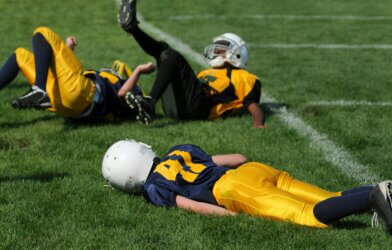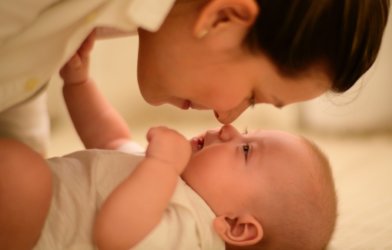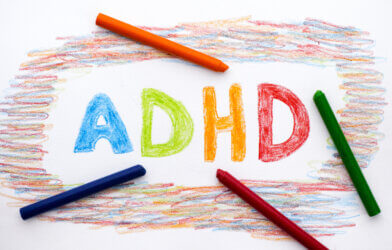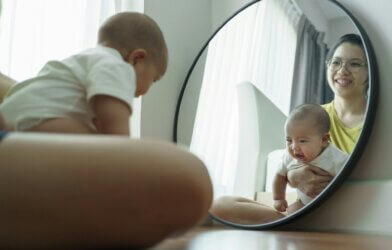Childhood physical abuse leaves a lifelong scar on victims by changing their brain structure as they grow up, according to a new study. Researchers say that white matter tracts – bundles of nerve cells that connect different parts of the brain – are less cohesive in students who had been physically abused as a child.
White matter tracts affect the brain’s behavioral and emotional controls, memory processing and how it relays sensory and motor signals. Some of the changes researchers saw were similar to ones found in earlier studies about the effects of verbal abuse and traumatic events. Others, however, were unique to physical abuse.
For the study, 49 university students in the U.S. undertook MRI scans, a demographic assessment and completed the Childhood Trauma Questionnaire, which asked them about the abuse they suffered.
“Long after bruises fade and broken bones heal, the effects of childhood physical abuse linger in the brain,” says the study’s principal investigator,” Hideo Suzuki, of the University of Nebraska-Lincoln, in a statement, per South West News Service. “Our findings indicate that, even among students who do not show overt trauma-related disorders, experiencing physical abuse as a child may negatively affect the brain’s emotional regulation functions.
“Increased levels of physical abuse are associated with greater difficulty accessing the areas of the brain that regulate emotions,” he continues. “Even though teachers or parents don’t see problematic behaviors among their children, our data indicates that experiencing physical abuse can change the white-matter microstructures of the brain and may influence how those children behave in the future.”
The findings were presented at the 2022 Association for Psychological Science Convention in Chicago.
South West News Service writer Gwyn Wright contributed to this report.
